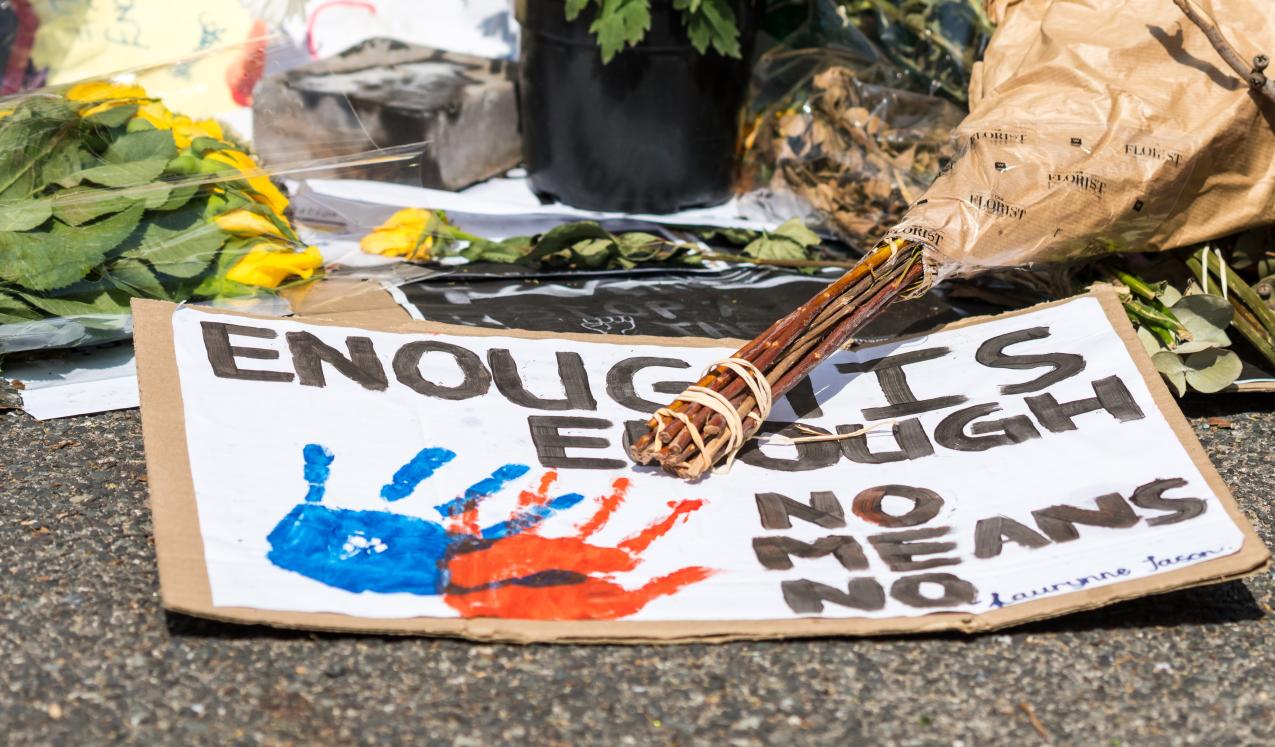
Gender-based violence (GBV) is a clear and damaging consequence of gender inequality as well as a mechanism used to enforce discriminatory norms and maintain unequal gendered power relations.
GBV can take various forms, including physical, sexual, emotional, verbal, and digital violence. Women and girls are most commonly victims, with queer and transwomen at increased risk of violence. People who challenge prevailing gender norms, such as gay boys and men and gender non-conforming people, are also particularly at risk.
Gender-based violence is sustained and sanctioned by oppressive gender norms such as male authority and dominance over female bodies and masculinity being defined in terms of toughness and heterosexuality. Contesting such gender norms – through norms-based approaches and legal and/or policy change – is thus central to the prevention and elimination of GBV. This has been at the heart of feminist movements worldwide, who have been contesting GBV through street protests, digital campaigns, art, legal reform, and community-based work, among other strategies.
ALIGN’s briefings papers, case studies and blogs discuss how gender-based violence affects women and girls and LGBTQI+ people across different spaces, the impact of feminist activism on GBV-related gender norms, and ways of working with men and boys for their transformation.
Featured resources
Briefing paper
22 novembre 2022

Published by: ALIGN
Briefing paper
12 décembre 2022
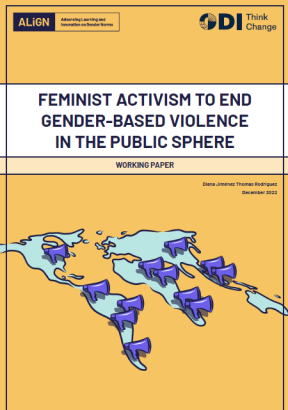
Report
23 novembre 2021

Blog
19 décembre 2024

Blog
5 décembre 2024
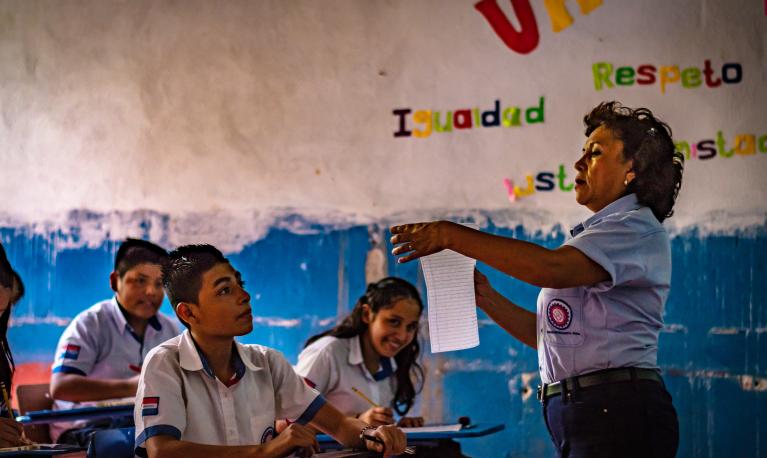

Content is loading...
Upcoming research
We are currently undertaking research on the following themes:
Feminist activism against GBV in the public sphere
Feminist activism plays a key role in the prevention and elimination of GBV. Funded by the Ford Foundation, we are working with three partners – based in Mexico, Colombia and Ghana – who are conducting small-scale research projects to understand how feminist activism against GBV, in each country/region, has led to gender norm change.
Political parties’ responses to technology facilitated-GBV
This research project, implemented in partnership with Data-Pop Alliance in Brazil and the development Research and Projects Centre in Nigeria, seeks to identify how social (gender) norms and other factors shape political parties’ responses to technology-facilitated-GBV against women in politics. It will look at what practices can be adopted by political parties to address it and to create a more enabling environment. Find out more.
LGBTQI+ activism against GBV
More details coming soon.
Gender-based violence content from the ALIGN community
Case study
1 avril 2024
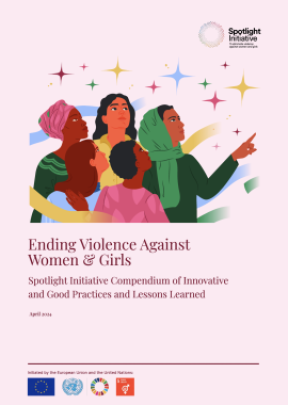
Briefing paper
6 novembre 2023
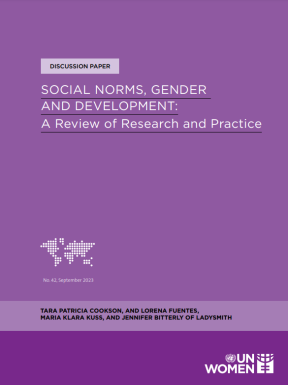
Blog
18 juillet 2023
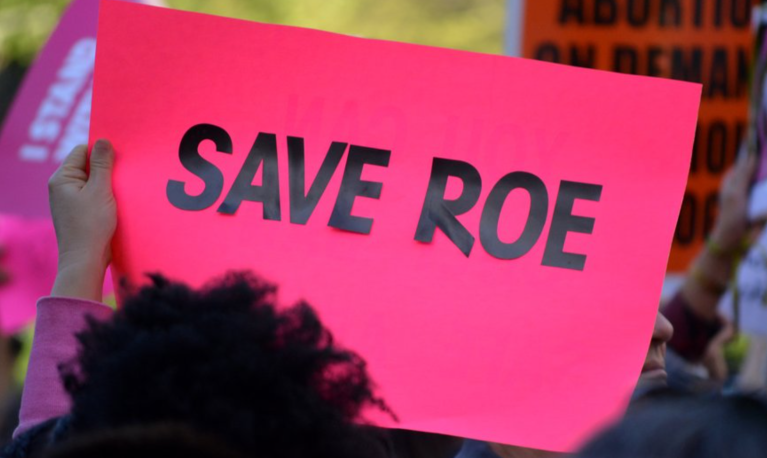

Content is loading...
